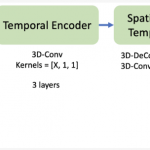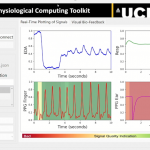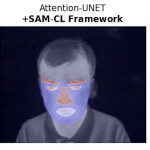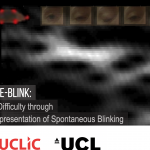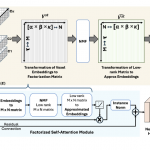
Presented at NeurIPS 2024 & In press (Advances in Neural Information Processing Systems 37; NeurIPS 2024) Remote photoplethysmography (rPPG) enables non-invasive extraction of blood volume pulse signals through imaging, transforming spatial-temporal data into time series signals. Advances in end-to-end rPPG…
